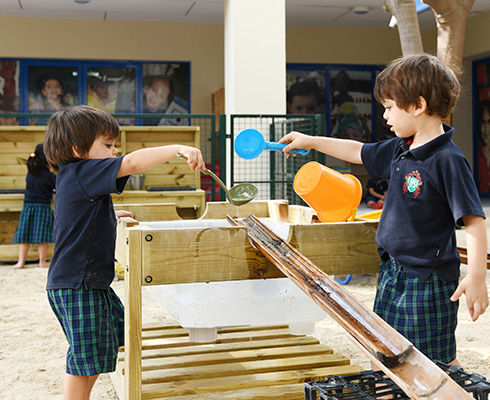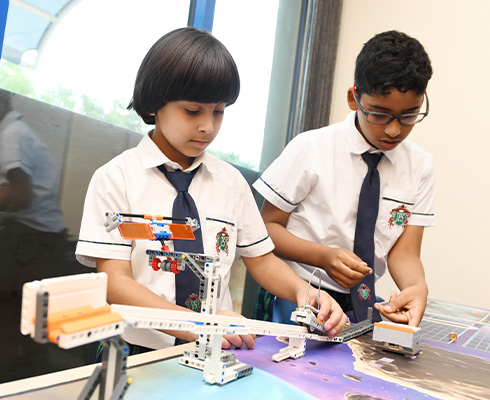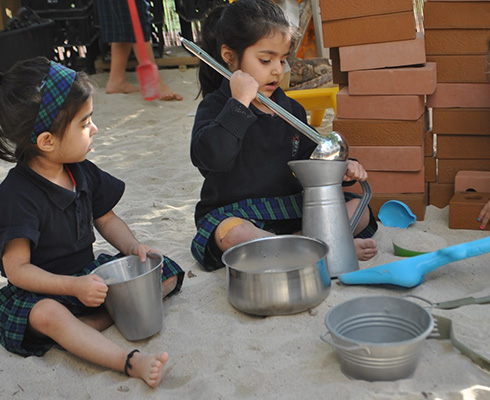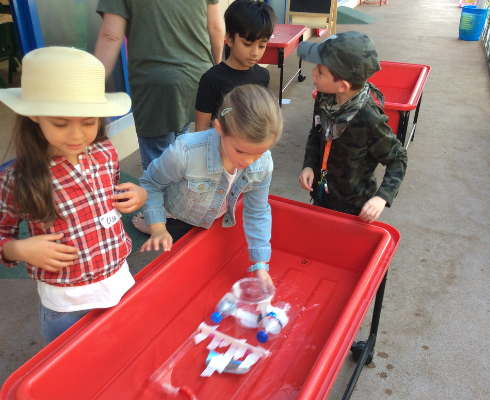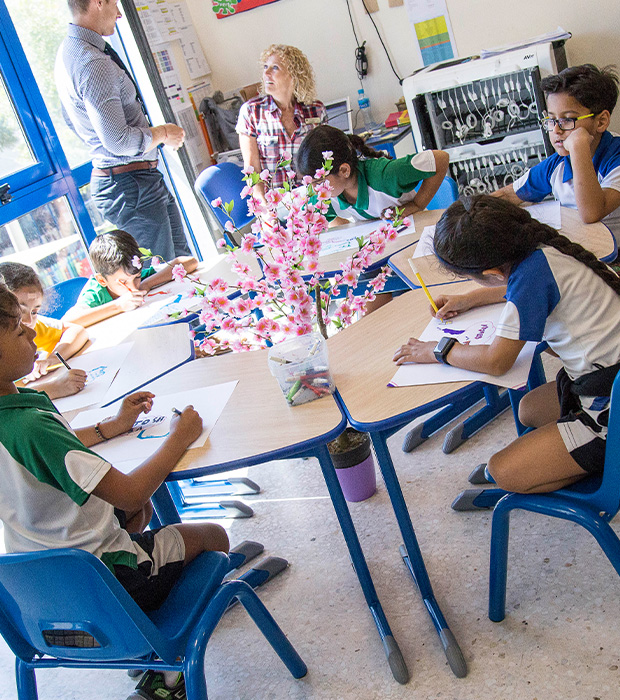
Curriculum Overview
At JPS, our bespoke curriculum design provides opportunities and support for all learners to consistently achieve high standards, whilst developing character, positive attitudes and holistic wellbeing. Our curriculum ensures that all National Curriculum for England and Wales objectives are delivered by our dynamic teachers, using the most effective pedagogical approaches from around the world. The High Performance Learning philosophy that ‘everyone can be great’ underpins the curriculum and lesson design at JPS, with high expectations for all, given the right opportunities and support for learners’ needs.
Across the curriculum, children actively select their level of challenge, taking ownership of their learning. The learning of new concepts always begins with teachers finding out the starting points for each learner in their care. Carefully planned questioning, learning experiences and teaching strategies lead to outstanding progress. Learning is assessed in a variety of ways, including children selecting how they would like to present their understanding of concepts, questioning, tests, presentations and many more. This enables children to focus on their next steps and helps teachers to build an accurate portfolio of the progress each child is making in their class.
In all subjects, teachers provide opportunities for children to explore concepts at greater depth. Teachers relish the challenge of making learning exciting, stimulating and challenging for our learners. We seek to provide those special days that provide deep learning moments from the positive memories attached. These can be theme days, school visits, projects or experiences, carefully selected by teachers who are well-informed as to what motivates and interests our learners.



